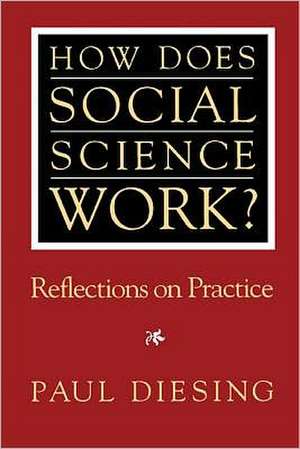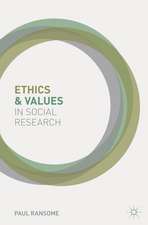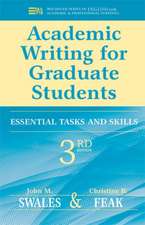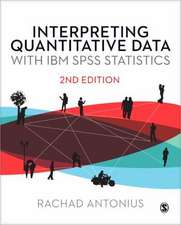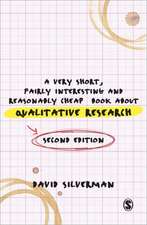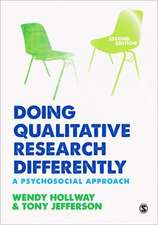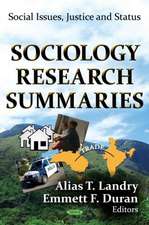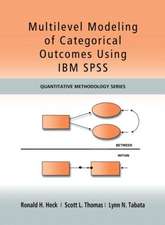How Does Social Science Work?: Reflections on Practice
Autor Paul Diesingen Limba Engleză Paperback – 16 mar 1992
The culmination of a lifetime spent in a variety of fields - sociology, anthropology, economics, psychology, and philosophy of science - -How Does Social Science Work? takes an innovative, sometimes iconoclastic look at social scientists at work in many disciplines. It describes how they investigate and the kinds of truth they produce, illuminating the weaknesses and dangers inherent in their research.
At once an analysis, a critique, and a synthesis, this major study begins by surveying philosophical approaches to hermeneutics, to examine the question of how social science ought to work. It illustrates many of its arguments with untraditional examples, such as the reception of the work of the political biographer Robert Caro to show the hermeneutical problems of ethnographers. The major part of the book surveys sociological, political, and psychological studies of social science to get a rounded picture of how social science works,
Paul Diesling warns that “social science exists between two opposite kinds of degeneration, a value-free professionalism that lives only for publications that show off the latest techniques, and a deep social concern that uses science for propaganda.” He argues for greater self-awareness and humility among social scientists, although he notes that “some social scientists . . . will angrily reject the thought that their personality affects their research in any way.”
This profound and sometimes witty book will appeal to students and practitioners in the social sciences who are ready to take a fresh look at their field. An extensive bibliography provides a wealth of references across an array of social science disciplines.
At once an analysis, a critique, and a synthesis, this major study begins by surveying philosophical approaches to hermeneutics, to examine the question of how social science ought to work. It illustrates many of its arguments with untraditional examples, such as the reception of the work of the political biographer Robert Caro to show the hermeneutical problems of ethnographers. The major part of the book surveys sociological, political, and psychological studies of social science to get a rounded picture of how social science works,
Paul Diesling warns that “social science exists between two opposite kinds of degeneration, a value-free professionalism that lives only for publications that show off the latest techniques, and a deep social concern that uses science for propaganda.” He argues for greater self-awareness and humility among social scientists, although he notes that “some social scientists . . . will angrily reject the thought that their personality affects their research in any way.”
This profound and sometimes witty book will appeal to students and practitioners in the social sciences who are ready to take a fresh look at their field. An extensive bibliography provides a wealth of references across an array of social science disciplines.
Preț: 462.11 lei
Nou
Puncte Express: 693
Preț estimativ în valută:
88.43€ • 90.57$ • 73.56£
88.43€ • 90.57$ • 73.56£
Carte tipărită la comandă
Livrare economică 19 martie-02 aprilie
Preluare comenzi: 021 569.72.76
Specificații
ISBN-13: 9780822954750
ISBN-10: 0822954753
Pagini: 432
Dimensiuni: 156 x 235 x 38 mm
Greutate: 0.59 kg
Ediția:1
Editura: University of Pittsburgh Press
Colecția University of Pittsburgh Press
ISBN-10: 0822954753
Pagini: 432
Dimensiuni: 156 x 235 x 38 mm
Greutate: 0.59 kg
Ediția:1
Editura: University of Pittsburgh Press
Colecția University of Pittsburgh Press
Recenzii
“This thought-provoking treatment of the development of research methods and paradigms provides a balanced perspective on the contributions and weaknesses of the methodologies, as well as of the historical, social, political, and personality factors influencing the rise and decline of the diverse traditions within social science.”
--Susan Brown
--Susan Brown
Notă biografică
Paul Diesing is professor of Political Science at the State University of New York at Buffalo.
